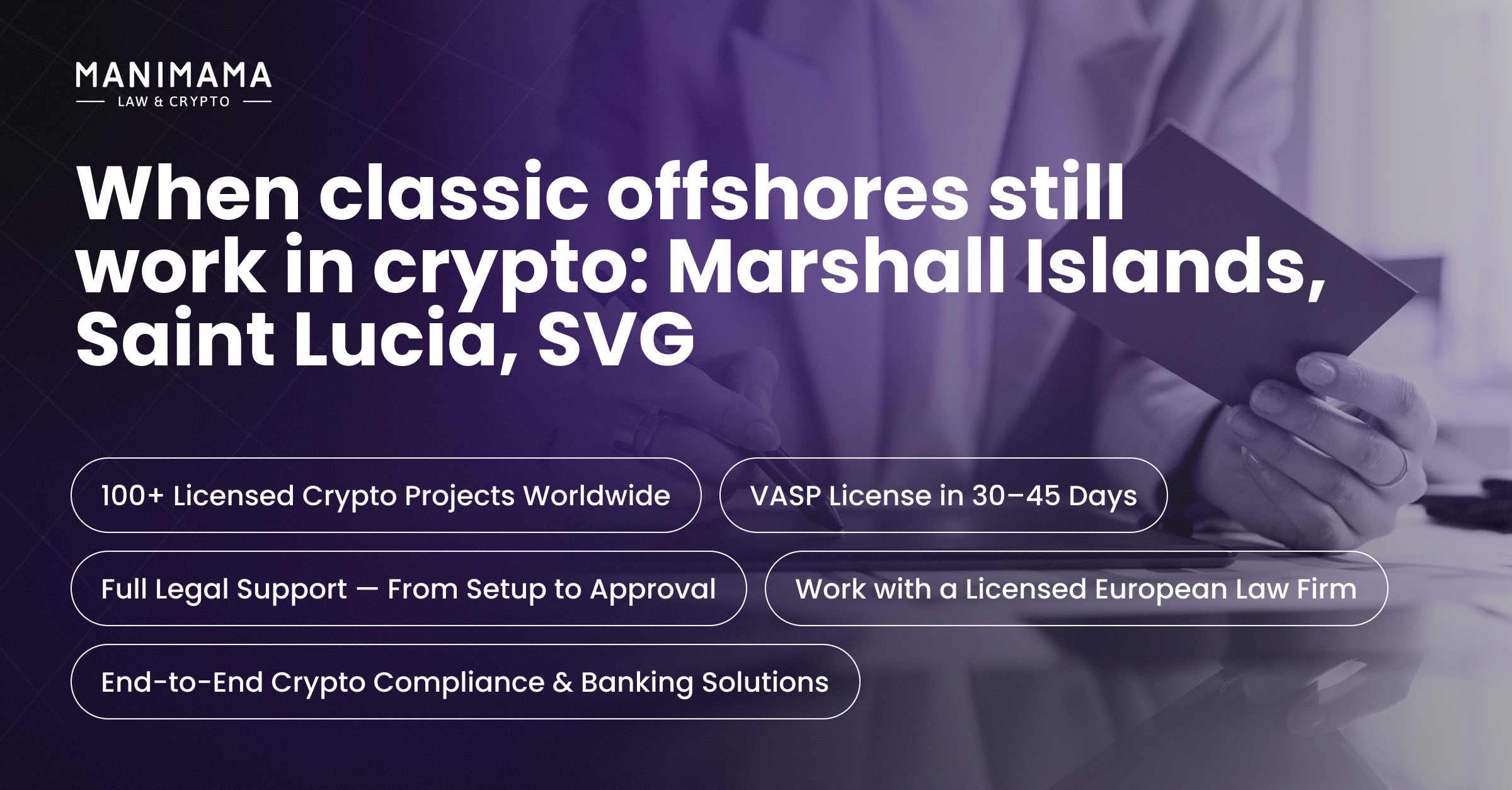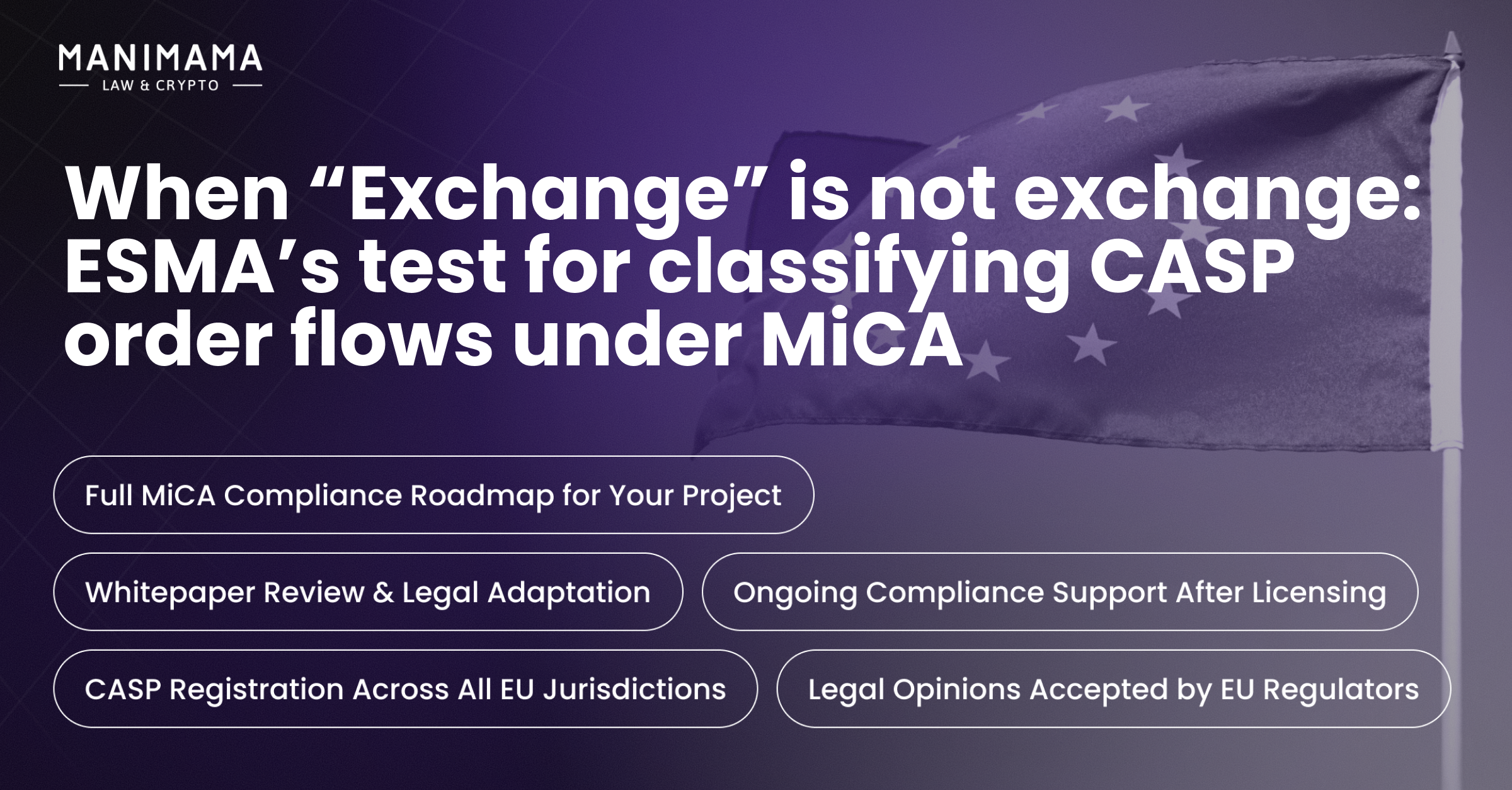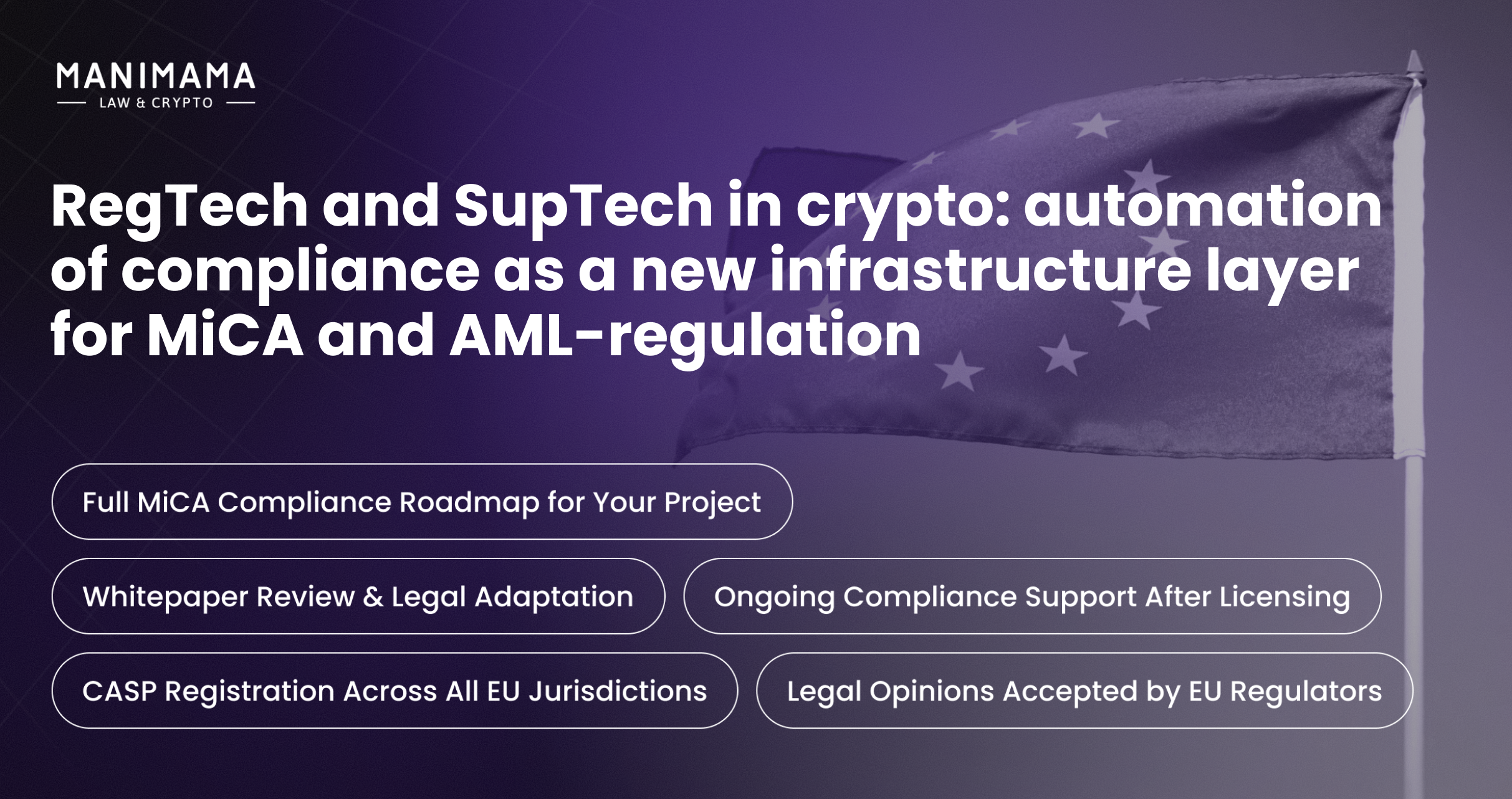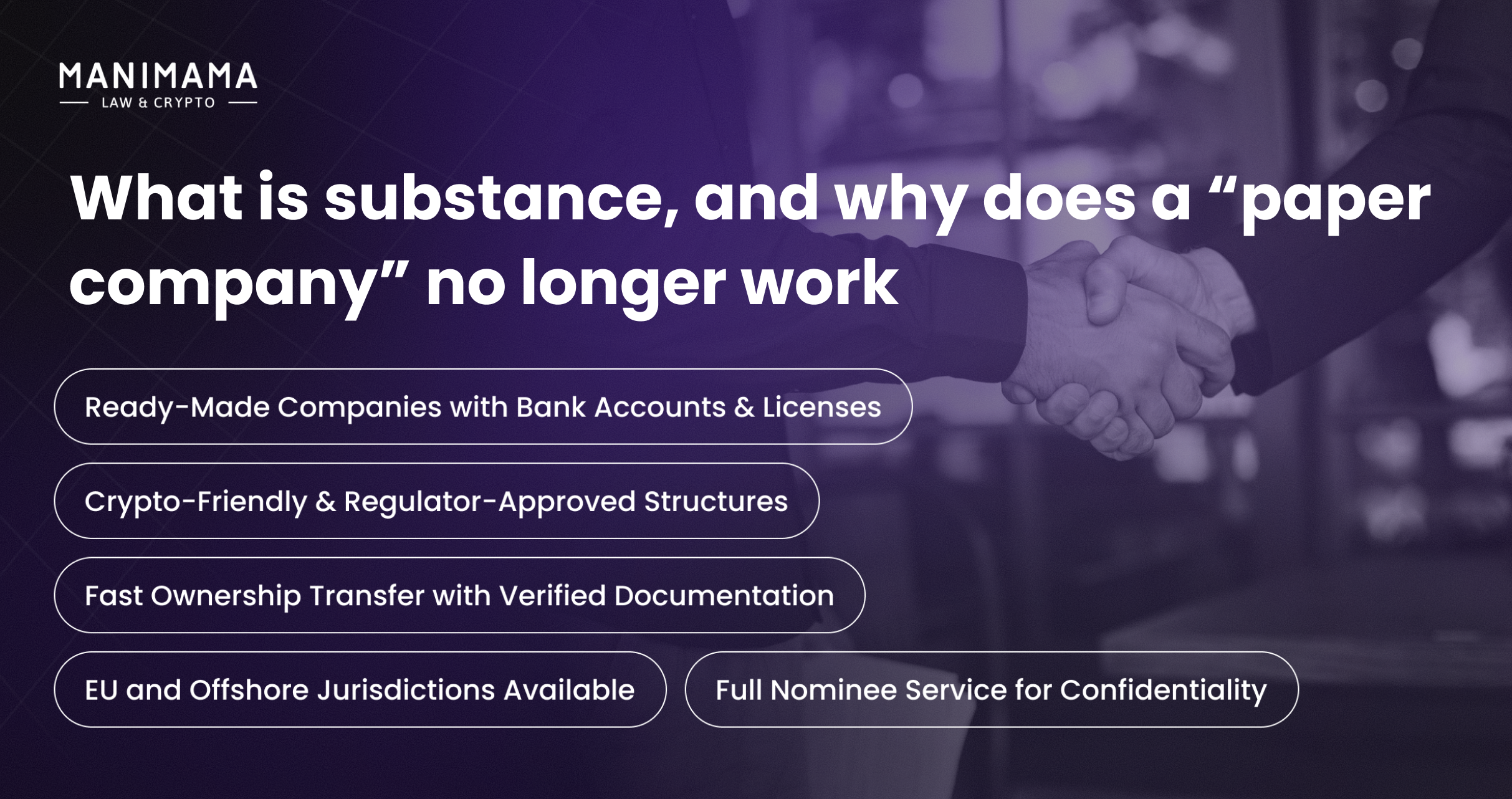South Africa has emerged as a credible, business-friendly jurisdiction for financial services firms serving both local and international clients across Africa, Europe, and the Middle East. The country’s English-language legal system, deep professional talent pool, and sophisticated banking and payments infrastructure make it a practical base for regulated advisory and intermediation businesses.
South Africa offers a flexible, well-tested route to regulate investment and advisory businesses under the Financial Advisory and Intermediary Services Act, 2002 (FAIS Act). If you provide advice, arrange deals, manage portfolios, or administer client assets in relation to financial products (including crypto assets), you generally need an FSP license from the Financial Sector Conduct Authority (FSCA).
An FSP license authorises a firm to render financial services (either advice and/or intermediary services) for specific product classes. Licenses are issued in Categories I, II, IIA, III and IV, with sub-categories defining the exact products (e.g., shares, derivatives, crypto assets, etc.).
If you provide advice, arrange deals, manage portfolios, or administer client assets in relation to financial products, you need an FSP license from the FSCA
Key numbers about an FSP license in South Africa
5categories with product sub-categories | at least 1Key Individual | nominimum capital size |
27%corporate income tax | R 2,697 (~ USD 153) and R 16,313 (~ USD 923)FSCA application fees for Category I and II as the most popular | ~ 6 monthstypical authorisation timeline from a complete submission |
Legal opinion about an FSP license in South Africa

Ganna Voievodina
Manimama
|
CEO
“The FSP license pairs flexibility with accountability - tailored product sub-categories (including crypto assets) backed by enforceable conduct and fit-and-proper requirements.”



Types of activities with a license in South Africa
Category I (Advice and Intermediation)
renders financial services (advice and/or non-discretionary intermediary) other than the financial services mentioned in Categories II, IIA, III and IV; crypto assets can be added as a “Crypto Assets” sub-category.
Category II (Discretionary)
authorized to manage client portfolios with discretion under a written mandate; crypto assets can be added as a “Crypto Assets” sub-category.
Category IIA (Hedge funds)
specialized discretionary licence for managing hedge fund portfolios under mandate; crypto assets can be added as a “Crypto Assets” sub-category.
Category III (Administrative FSP)
authorized to render administrative/platform services in respect of financial products. No advice and no discretionary management; crypto assets can be added as a “Crypto Assets” sub-category.
Category IV
authorized to render intermediary services relating to the administration of assistance policies on behalf of an insurer, to the extent set out in a written mandate.
Benefits of obtaining an FSP license in South Africa
Regulatory certainty and credibility:
- Place your business squarely within the FAIS perimeter, supervised by the FSCA.
- Signals trustworthiness to banks, partners, and institutional clients.
Scalable permissions (incl. crypto assets):
- Add product sub-categories and categories as your model evolves.
- Expand from advice/intermediation to discretionary management or administration without relicensing from scratch.
Talent, governance and training discipline:
- Fit-and-Proper structure standardises Key Individuals/representatives (RE exams, CPD, competence).
- Builds resilient governance that investors and auditors recognise.
Regulatory dialogue and policy visibility:
- Direct communication channels with the FSCA for changes or new products.
- Better foresight on regulatory developments affecting your roadmap.
Compatible with AML/CFT obligations:
- Easy integration with FIC Risk Management and Compliance Programme RMCP, CDD/EDD, and reporting.
- End-to-end governance from onboarding to monitoring.
Sustainable growth under supervisory certainty:
- Ongoing FSCA engagement reduces regulatory surprises.
- Predictable pathway for scale, investment, and exits.
Our services
Stage 1
Incorporation stage
- Company formation in South Africa (CIPC)
- Name reservation and Memorandum of Incorporation drafting
- Registered address and company secretarial
- Appointments of director/shareholder and a Key Individual
- KYC/KYB collection for founders, directors, Key Individuals
- Bank / payment account introductions for operations
Stage 2
Pre-licensing stage
- Providing with the information, documents and requirements for an FSP license
- Assisting with questions on the process and eligibility
- Preparing application forms; drafting, compiling and reviewing the documentation
Stage 3
Licensing stage
- Submission of the application to the FSCA and payment of statutory fees
- Regulator liaison and responses to requests for information
- Tracking and implementation of any authorisation conditions
Our experts in this area

Ganna Voievodina
CEO, co-founder


Step by step description
Step 1. Initial setup
- Initial project assessment and scoping of services
- Mapping to FSP Category and product sub-categories
- Gathering KYC/KYB of founders, directors, and Key Individuals
- Preparation of the application pack and timeline
Step 2. Company registration
- Incorporation of a South African entity; CIPC name reservation
- Appointment of directors/shareholders and at least one Key Individual
- Registered address and basic corporate governance documents
- Opening a bank/payment account for operations
Step 3. Submitting for an FSP license to the regulator
- Finalising FAIS policy suite and FIC RMCP/KYC procedures
- Filing the e-portal application with the FSCA and paying the application fee
- Responding to FSCA requests for information until authorisation is granted

Understanding of the legal requirements in South Africa
Since October 19, 2022, crypto assets are expressly declared a financial product under FAIS Act
South Africa regulates investment and intermediation services under the FAIS Act, supervised by the FSCA. If you give advice or intermediate in relation to a financial product, you must be authorised as an FSP for the relevant category and product sub-categories. The ongoing General Code of Conduct and Fit and Proper standards (competence, honesty and integrity, operational ability, and financial soundness) apply to all authorised firms and their representatives.
Since 19 October 2022, crypto assets are expressly declared a financial product under FAIS Act. This means brokers, advisers, portfolio managers, and administrators dealing in crypto assets fall within the FSCA’s licensing perimeter and require appropriate FSP permissions.
Many firms in this space are also Accountable Institutions under the Financial Intelligence Centre Act (FIC Act) and must register with the FIC, implement a Risk Management and Compliance Programme (RMCP), perform CDD/EDD, conduct sanctions screening, and file required reports.
Requirements for obtaining an FSP in South Africa
Crypto and traditional services follow the same rulebook - without FSP authorisation and compliant operations (FAIS + FIC), you cannot market or render regulated financial services in South Africa
To obtain authorisation as an FSP, an applicant should meet at least the following (without limiting the below):
- be an eligible applicant;
- apply for the relevant Category and product sub-categories, matching the business model;
- at least one Key Individual responsible, with effective oversight in South Africa;
- meet FAIS Fit and Proper standards (honesty and integrity; competence (recognised qualifications, regulatory exams, class-of-business and product training, CPD); operational ability (governance, systems, risk); financial soundness);
- maintain solvency and the applicable liquidity ratios; submit supporting financials/forecasts;
- appoint a Compliance Officer, approved to monitor FAIS compliance and reporting;
- prepare the FAIS policy suite;
- register with the FIC, implement an RMCP, and set up CDD/EDD, sanctions screening and reporting.
Taxes in South Africa
There is no special “crypto tax” regime
Most South African companies pay corporate income tax on worldwide income (subject to treaties). Since the 2023 year of assessment the headline rate has been 27%. Profits are determined after normal deductible expenses; IFRS-to-tax adjustments and assessed losses apply.
Standard VAT rate is 15%. Many FSP fees are standard-rated; certain pure intermediary commissions can be zero-rated when the underlying supply is exported - structure matters.
Dividends tax is generally 20% when paid to shareholders, with treaty reductions for qualifying non-residents.
Crypto receipts are taxed on ordinary or capital accounts depending on facts; there is no special “crypto tax” regime.
Frequently asked questions
- Do crypto businesses really need an FSP licence?Yes - crypto assets are a FAIS “financial product”. If you give advice or intermediate in crypto, you need authorisation in the crypto assets sub-category.
- Which category do we need?
- Cat I for advice/non-discretionary intermediation.
- Cat II/IIA if you manage portfolios or funds with discretion.
- Cat III if you administer/hold client assets.
- Is there a fixed minimum capital?No, there is no minimum capital size.
- Do we need a local office or staff in South Africa?No hard “office” rule, but the FSCA expects effective management, systems, and records accessible in South Africa; having at least one locally resident Key Individual is a strong practical expectation.
- Can foreign shareholders or directors own 100% of the FSP?Yes, foreign ownership is allowed, subject to fit-and-proper, beneficial ownership disclosures, and effective local oversight.
- What exams or qualifications are needed?Key Individuals/representatives must satisfy Fit and Proper competence (recognised qualifications, regulatory exams, class-of-business/product training, CPD).
- Do we also need to register with the FIC?If you fall under Schedule 1 (including many crypto service providers), yes - register and implement a compliant RMCP, CDD/EDD, sanctions screening, and reporting.
- How much are the FSCA application fees?
The license application fees now reflect as follows:
- Category I – R 2,697 (~ USD 153)
- Category II – R 16,313 (~ USD 923)
- Category IIA – R 16,313 (~ USD 923)
- Category III – R 49,015 (~ USD 2,774)
- Category IV – R 2,697 (~ USD 153)
- Can one FSP hold multiple categories/sub-categories (incl. crypto assets)?Yes - permissions are modular; you can add product sub-categories or new categories later via a variation application.
- Any marketing/advertising rules?Yes - comply with the General Code of Conduct (fair, clear, not misleading) and FSCA communications applicable to your product set. Crypto promotions should reflect risks accurately and avoid misleading claims.

Semen Kaploushenko
"Manimama provided us with exceptional legal services for our company. Their team was incredibly efficient, guiding us through the complex regulatory landscape with ease".


Vadym Hrusha
"When you become a client of Manimamа, you can count on not only that they will provide you with legal services, you can find a partner who will never abandon you if you have problems with a regulator or counterparty."


Yuriy Soshenko
"Manimama team was able to provide us with the legal support we needed while staying within our budget. We would highly recommend their services to any business looking for reliable legal counsel".

Our latest legal researches

When classic offshores still work in crypto: Marshall Islands, Saint Lucia, SVG
January / 21 / 2026
|
15 m. to read
Read



When “Exchange” is not exchange: ESMA’s test for classifying CASP order flows under MiCA
January / 19 / 2026
|
15 m. to read
Read



When temporary holding becomes custody: MiCA’s red line for client crypto-assets
January / 16 / 2026
|
15 m. to read
Read



RegTech and SupTech in crypto: automation of compliance as a new infrastructure layer for MiCA and AML-regulation
January / 14 / 2026
|
15 m. to read
Read



What is substance, and why does a “paper company” no longer work
January / 12 / 2026
|
15 m. to read
Read





Ready to move forward? Let's get started today
Tell us what you want to create. We will prepare a legal structure that ensures its implementation
Tokenization
Tokenization
Licensing
Incorporation
Other
